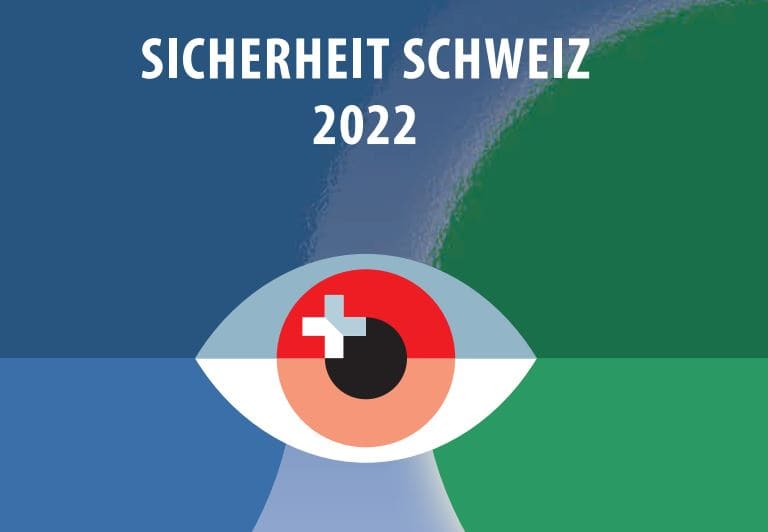Security Switzerland 2022: new federal situation report published
Russia's war of aggression on Ukraine has an impact on national and international security policy. Switzerland's security environment is also affected. According to the latest situation report of the FIS, espionage and cybercrime as well as terrorist threats continue to pose a threat.

According to the Federal Intelligence Service (FIS), Russia's war of aggression on Ukraine in February 2022 not only seriously violated international law, but also destroyed the security order in Europe that had lasted for decades. The military conflict between the two states had initiated a change of thinking in Europe, which manifested itself not least through several sanctions packages in the financial and economic spheres.
Intensified rivalries among the great powers
Germany, for example, announced in view of the EU Strategic Compass a U-turn on strengthening its security and defense policy in the form of a massive increase in its defense spending. Sweden and Finland, meanwhile, are contributing to NATO.
The pandemic has also intensified strategic competition between the USA and China. The European image of China has hardened as a result: Like the U.S., the EU and the European NATO allies have since given greater weight to strategic aspects of China's emergence as a great power.
Cyber espionage, extremism and energy threat
International Geneva remains a hotspot for espionage, while several European states have recently expelled Russian intelligence officers. According to the FIS, this could lead to Russian services increasingly stationing their forces in countries such as Switzerland, as there have not yet been any expulsions in this country.
Europe will not be spared from cyber threats for much longer either. A recent example of Russian cyber espionage against Ukrainian public and private networks occurred in mid-April 2022, when hackers attacked Ukraine's power supply.
Violent extremism and terrorism are also still on the rise. This could also be due to the social fragmentation caused by coronaextremism - but with the end of the pandemic, this scene is now likely to have calmed down. The current threat, however, continues to be shaped by the jihadist movement, for example, especially by individuals inspired by its propaganda.
However, the threat is becoming increasingly diffuse, as since 2020 it has increasingly emanated in Europe from autonomously acting individuals who have no direct connection to "Islamic State" or al-Qaeda, the FIS writes in a statement.
To the complete situation report Security Switzerland 2022 (PDF)
Source: Federal Intelligence Service (FIS)









